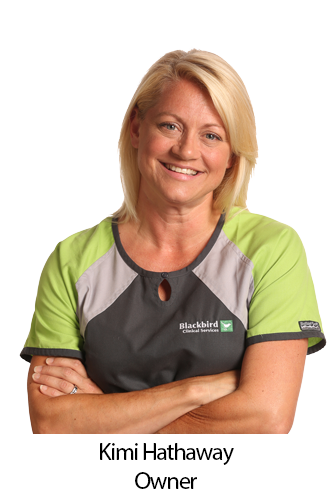While school is a place to acquire knowledge, it is also a place where our children acquire an array of germs which cause illness, discomfort and missed school days.
Going back to school can also entail sports physicals, immunizations, and being exposed to more allergens.
Getting Started on the Right Foot
Many schools require certain vaccinations before children can enroll. Talk to your doctor to find out which ones are recommended, and consider getting the flu vaccine. The U.S. Centers for Disease Control and Prevention recommends an annual flu vaccine for everyone 6 months of age and older.
Here are the required immunizations as listed by the Tippecanoe County Health Board.
Sports Participation Physicals
Most schools require students participating in school sponsored programs to have a sports physical prior to a new competitive season. The exam helps determine whether it's safe for your child to participate in a certain sport. Sports physicals include both a medical history and physical exam.
The medical history will review family medical history, previous illnesses, injuries, hospitalizations and surgeries; allergies; and medications that are being taken.
The medical exam will record a student’s height and weight; blood pressure and pulse; test vision; check the heart, lungs, abdomen, ears, nose and throat; and evaluate posture, joints, strength and flexibility.
Teach Good Hygiene Habits
Most children are not as conscious of personal hygiene as they should be, which can increase their risk of falling ill and result in valuable time spent away from the classroom. Because children are in close proximity to other children throughout the school day, germs can be spread easily.
To help your kids avoid getting sick, teach them to wash their hands after using the restroom and before going to lunch or eating a snack. It may be smart to provide your children with on-the-go hand sanitizer to use when washing their hands isn't convenient. Before giving your child hand sanitizer, please be sure to instruct them on how to safely use it. Never give hand sanitizer to very small children who are prone to putting their hands in their mouths as it does often contain alcohol.
You should also tell them not to share food or drinks with other kids. When eating their lunch instruct them to not place their food directly on the cafeteria table. Show them how to eat out of their lunch container or place a napkin on the table before setting food down.
Dealing with Allergies
Allergies for many kick up in the Fall. With ragweed and other grasses/weeds more prevalent, our children can exhibit more allergy symptoms including sneezing, runny noses, congestion and itchy eyes. All of which can slow you down, make it hard to concentrate, and generally make you miserable.
Antihistamines are often recommended along with topical nasal corticosteroids to alleviate the symptoms. Be aware that most schools will require parents to take any medications to the school nurse to be administered by them during the school day.
Your School Nurse is Your Ally
School nurses play an important role in keeping our children safe and healthy. In their role they provide health services that increase school attendance and prevent and control the spread of communicable disease. They also manage students with chronic conditions such as diabetes and seizures; identify and treat accidents and injuries; and counsel students about physical and emotional issues.
Working with your school’s nurse to address chronic conditions and other medical situations can insure your child is getting appropriate care when not at home.
 A Local Resource
A Local Resource
Blackbird Clinical Services is a local resource that can direct you to those in the community who can answer your questions or provide services. Blackbird Clinical offers sports participation physicals at the lowest cost in town.
Have Questions? Give Us a Call.
Feel free to contact Blackbird Clinical Services by either EMAIL or phone at at 765-447-8700. We are always happy to answer your questions.




